Weekend Briefing No. 22
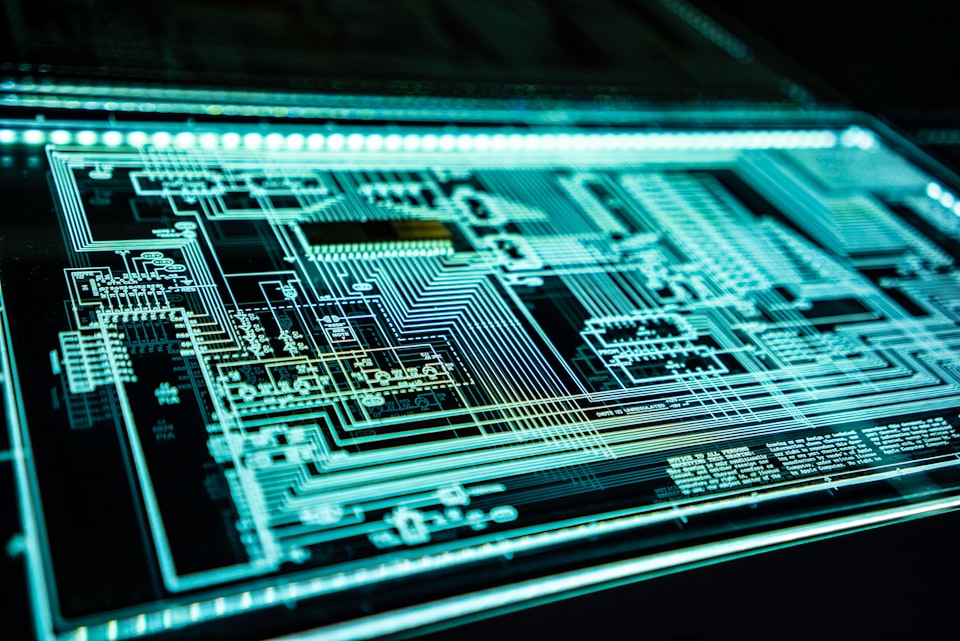
Good Saturday morning! This weekend's briefing highlights the recent AI chip "cold war" that heated up, a simple and effective way to get more done in less time, a cool computer vision contest, and a quantum computing infographic.
Interesting data points
- Yikes! Total bankruptcy filings rose 13 percent, and business bankruptcies rose nearly 30 percent, in the twelve months ending Sept. 30, 2023
- WeWork (WE) IPO'd on October 17, 2021, with an opening price of $451.20, and closed on November 2, 2021 at $1.22. There is talk of it declaring bankruptcy
- The average working hours in the United States by private non-farm workers in September 2023 is 34.4 hours, this is a decrease from 34.8 hours in September 2021
U.S. Tightens China’s Access to Advanced Chips for Artificial Intelligence
The AI chip cold war just heated up. The Biden administration requires chip makers to acquire a license if they want to sell those chips to China. The reason? They're worried that China might use those chips in advanced weaponry.
The Biden administration argues that China’s access to such advanced technology is dangerous because it could aid the country’s military in tasks like guiding hypersonic missiles, setting up advanced surveillance systems or cracking top-secret U.S. codes. Leading A.I. experts have warned that the technology, if not properly managed, could pose existential threats to humanity.
I know that the Biden administration is taking semiconductor chip production and their access seriously, especially after passing the CHIPS and Science Act in August 2022.
A simple but effective, “get more done in less time“ practice
My former colleague has a great article on how to get more done in less time. It's all about the breaks you take or rather the quality of the breaks you take.

Here are three (3) tips from Ryan Johansen on how to build the foundation to getting more done in less time:
1. Schedule your breaks: Just like you schedule your work tasks, schedule your breaks as well. Set a reminder on your phone or calendar to take a break at regular intervals throughout the day.
2. Get QUALITY Breaks: Your break doesn’t mean hop on Linkedin or check emails. Get up from your desk, move your body or read a book. The quality of your rest is important to get the best results.
3. Take mini-breaks: If you find it hard to take a full break, start with mini-breaks. Stand up and stretch, take a quick walk around the office or the house, or do a few minutes of deep breathing exercises.
First word discovered in unopened Herculaneum scroll
Coming from the intersection of "cool" and "rad", student Luke Farritor was able to use a computer vision experiment to read the first word of an unopened Herculaneum scroll! That scroll hasn't been opened in over 2,000 years after being buried by Mt. Vesuvius and excavated in the 1700s.
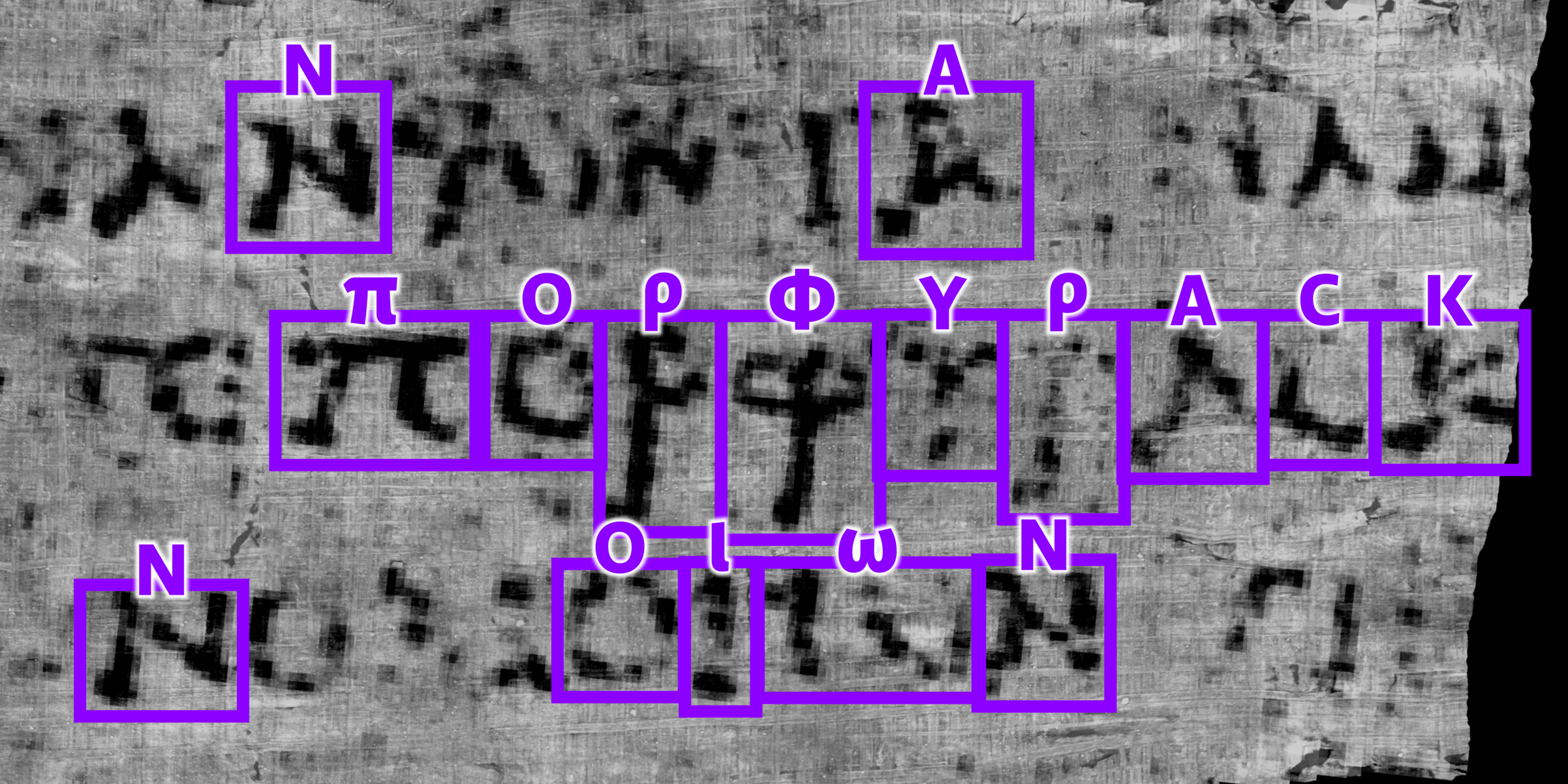
The Herculaneum papyri, ancient scrolls housed in the library of a private villa near Pompeii, were buried and carbonized by the eruption of Vesuvius in 79 AD. For almost 2,000 years, this lone surviving library from antiquity was buried underground under 20 meters of volcanic mud. In the 1700s, they were excavated, and while they were in some ways preserved by the eruption, they were so fragile that they would turn to dust if mishandled. How do you read a scroll you can’t open? For hundreds of years, this question went unanswered.
That is until Luke Farritor, a contestant of the Vesuvius Challenge, became the first person in two millennia to see an entire word from within an unopened scroll this August. For that, we are thrilled to award Luke a $40,000 First Letters Prize, which required contestants to find at least 10 letters in a 4 cm2 area in a scroll.
The entire article is exciting to read, especially how Luke and other contests attacked the problem.
Quantum computing infographic
This week's infographic is about Quantum computing, something I've been watching with a lazy eye, especially because Julia and Python have packages for it.
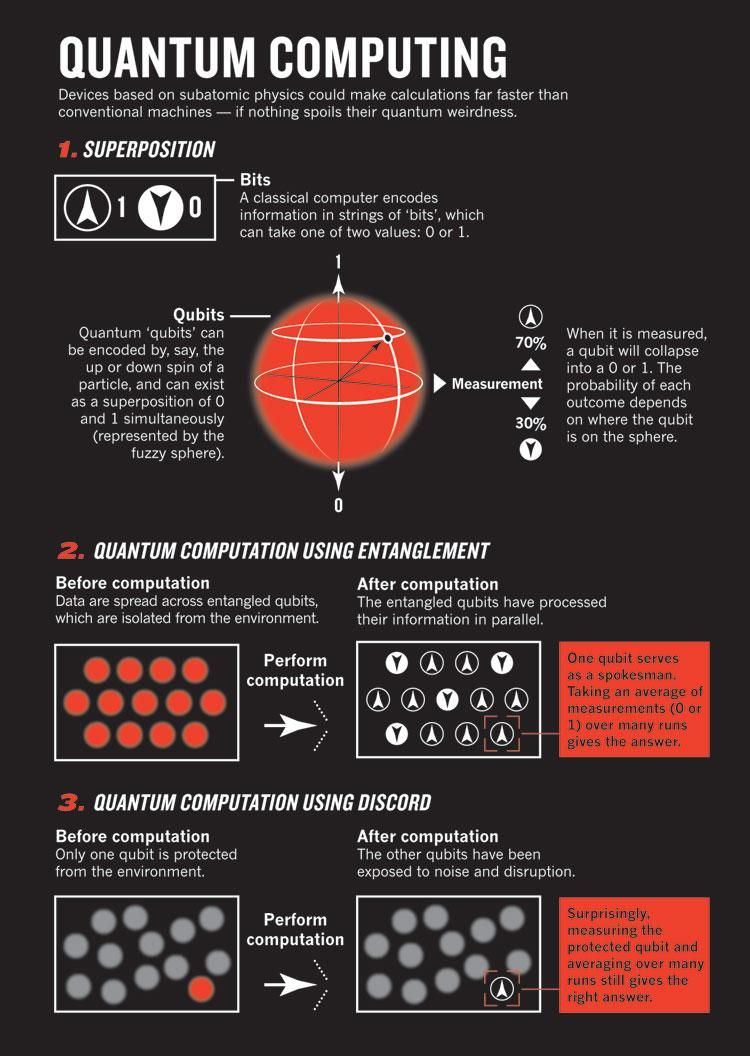
Help me reach my BHAG!
Hi friends, I have a very Big and Hairy Audacious Goal (BHAG) for the end of the year, I want to reach 1,000 newsletter subscribers! I'm asking for your help to get this done so if you liked this newsletter (or any of the past articles), please share it using one of the sharing icons below. Thank you!


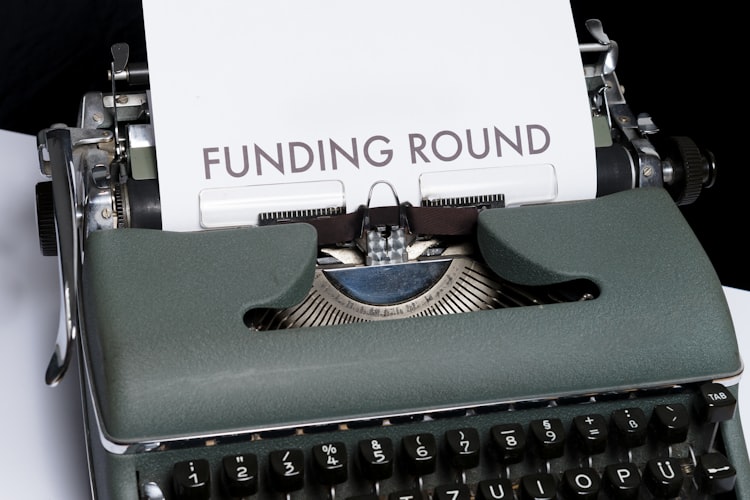

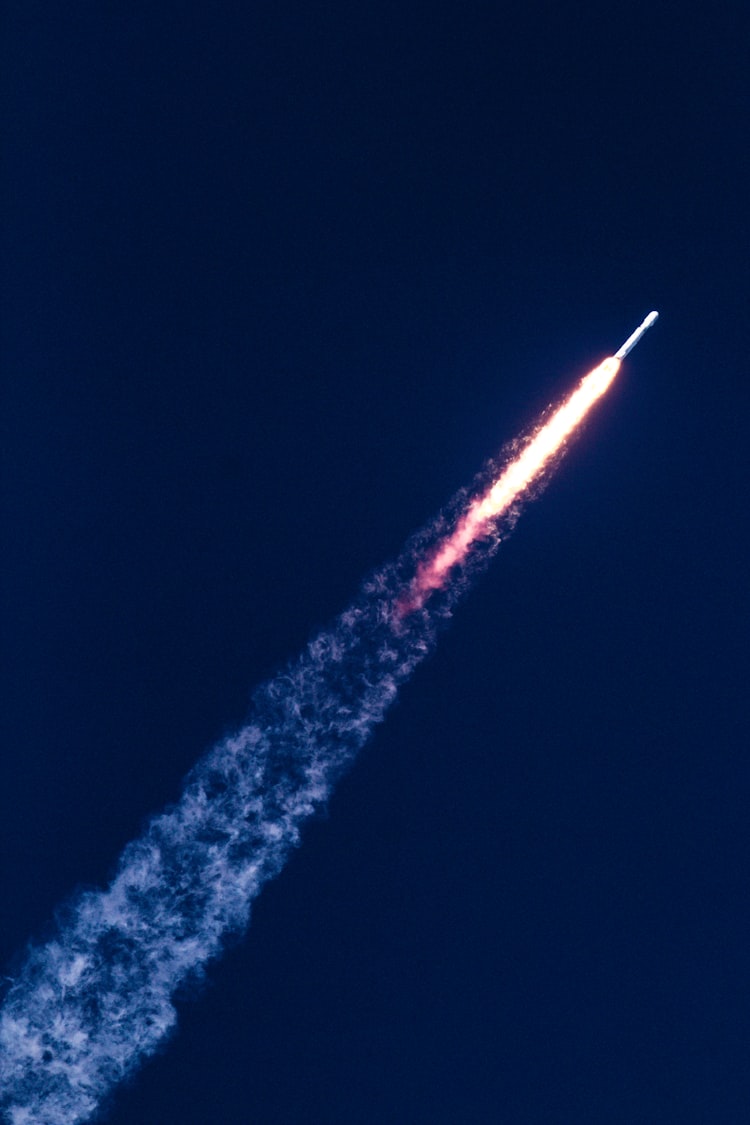
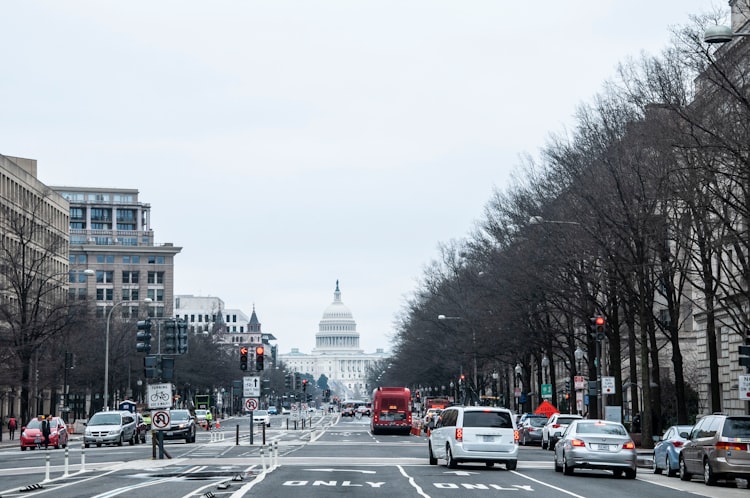

Member discussion